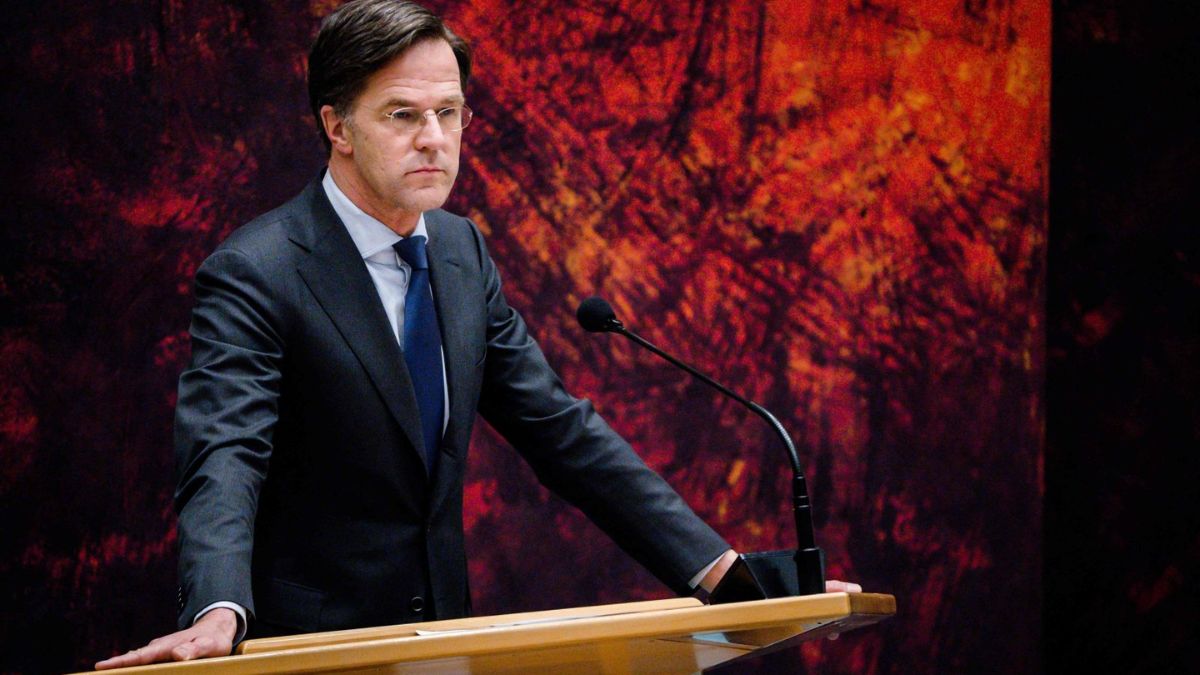Nato chief Mark Rutte has warned India about purchasing Russian oil , but the fact remains that European nations has given more money to Russia for energy imports than they have given to Ukraine in aid.
Since the Russian invasion of Ukraine in 2022, India has been ramped up the purchase of discounted Russian oil . As Russian energy exports are central to the country’s economy, and President Vladimir Putin’s war-waging capabilities, many Western leaders and commentators have frequently criticised India.
Rutte said, “My encouragement to these three countries, particularly is, if you live now in Beijing, or in Delhi, or you are the president of Brazil, you might want to take a look into this, because this might hit you very hard. So please make the phone call to Vladimir Putin and tell him that he has to get serious about peace talks, because otherwise this will slam back on Brazil, on India and on China in a massive way.”
The fact, however, is that European and Nato members continue to large buyers of Russian energy exports even as Rutte singled out in India and China.
For example, since 2022, the EU has been the largest buyer of Russian liquified natural gas (51 per cent) and pipeline gas (37 per cent) and Turkey —a Nato member— has been the largest buyer of Russian oil products (26 per cent), according to the Centre for Research on Energy and Clean Air (CREA).
EU has given Russia more money than Ukraine
Even as Western officials and commentators have singled out India over Russian energy imports, the fact remains that Europe has given more money to Russia for energy imports than it has given to Ukraine to in aid.
In 2024, EU members bought €21.9 billion ($25.4 billion) of Russian oil and gas compared to €18.7 billion ($21.69 billion) that they allocated in aid for Ukraine, according to estimates from the CREA.
Impact Shorts
More ShortsVaibhav Raghunandan, an analyst at CREA, told Guardian, “Purchasing Russian fossil fuels is, quite plainly, akin to sending financial aid to the Kremlin and enabling its invasion. [It’s] a practice that must stop immediately to secure not just Ukraine’s future, but also Europe’s energy security.”
Since 2022, estimates have said that the EU members have paid $215–235 billion to Russian for oil, gas, and coal, compared to $200 billion that they have allocated and pledged for aid to Ukraine.
Europe’s dependence on Russian oil and gas is not going to end anytime soon despite cuts in imports since 2022. The EU has proposed to end Russian oil imports by the end of 2027 and gas by January 2028.


)

)
)
)
)
)
)
)
)



